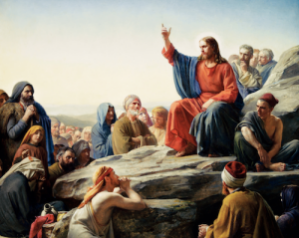
These are just a sampling of the accusations against and claims made by the Watchtower. One thing is certain: The Watchtower Bible and Tract Society and Jehovah’s Witnesses are one of the most controversial religious organizations in the world. But what is the truth?


